He owes us nothing
Imam Sohaib Sultan is the first full-time Muslim Life Coordinator and Chaplain at Princeton University. He was recently diagnosed with State 4 cholangiocarcinoma. Please keep Sohaib bhai and his family in your prayers.
About a month ago I started experiencing shoulder pains and stiffness. “Another sign I’m getting old,” I thought to myself. Then a week later I started having back pains. “That darn old arthritis is back,” I said to my wife who knew what I was referring to. Third week, sharp pains in my abdomen. “Uh, oh, this might be something more serious.” So, I did what most of us technology savvy moderns do — consult Dr. Google. I was convinced I had a gall bladder infection. “No biggie,” according to the experts you don’t even need one! So, I reached out to my GI doctor who ordered scans. “You have a mass behind your liver,” I was told. “Benign, right,” I innocently asked. Wrong. More scans, blood tests, a couple of biopsies and lots of nervous waiting later the worst of the possible cancers was confirmed. My family and I were shocked. Our world was broken.
In the Islamic spiritual discourse on patience the following hadith is often relayed and it is one that I’ve often cited in my own preaching and writings, but one that I’ve personally grappled with a lot too:
Anas ibn Malik reported: The Prophet, peace and blessings be upon him, passed by a woman who was weeping next to a grave. The Prophet said, “Be mindful of Allah and be patient.” She said, “Go away from me! You have not been afflicted by a calamity like mine,” and she did not recognize him. Then, she was told that it was the Prophet, so she went to the Prophet’s house and she did not find any guards there. She said to him, “I did not recognize you.” The Prophet said, “Verily, [best] patience is at the first strike [of calamity].”
As a chaplain, in Western psychology classes I was taught that people go through denial, anger and grief before they can get to acceptance. And, if someone immediately accepted their bad news then they were probably just denying or masking their true feelings. This idea seemed to contradict the hadith, but as a chaplain sitting with peoples suffering I so often found it to be true. Interestingly, though many Eastern Muslims I knew defyed the Western theory and it often left me bewildered rather than appreciative perhaps because I thought to myself that if I were to suffer like this I couldn’t immediately accept, it would be a process.
But, alhamdulillah, upon receiving the diagnosis an immediate calm, peace and acceptance came into my heart. Upon interrogating and having the feeling interrogated, I just felt even more contentment with God’s decree. Slowly, I saw that same peace enter into the heart of my family. Perhaps what the Prophet (s) was indicating was a gift that God gives to the heart of a believer. In just the last few days I’ve come to have an even greater appreciation of why good theology matters — something I owe a huge debt to my religious teachers for teaching me. It becomes operational with our souls in these moments.
This does not mean there isn’t grief. The Prophet wept often with his own losses and at seeing the suffering of others. But the Prophet married acceptance and grief, like Yaqub (as), in a way that is just so beautiful. When I think of my baby girl growing up without a father or my wife sitting all alone in our bedroom in the night or my parents not having me help them with their chores or my sister and her children not having my love and support, tears flow. But, the heart does not complain. God gave me an amazing life. He gives and takes, He owes us nothing, all is His, His decree is merciful and wise and just even if we can’t immediately see it. Surah kahf every Friday reminds me of this Reality.
We named our daughter Radiyya — one who God is content with and who is content with God. Perhaps, God inspired us to this name because He knew that we would need this rida for us to positively embrace our destiny as a family.
We've now learned the cancer has spread far. It is now a stage 4 cancer. “There is no cure.” The plan moves from cure to comfort. We accept, we grieve. And, we continue to believe and to pray.
Please pray for Sohaib bhai and his family during these precious last days of Ramadan, and please contribute what you can to this LaunchGood trust that has been set up to support Sohaib bhai's family.
To read all '30 reflections for our times', please follow the Facebook page '30 days 30 deeds', Instagram @salmahasanali, or subscribe to the newsletter at www.salmahasanali.com.

